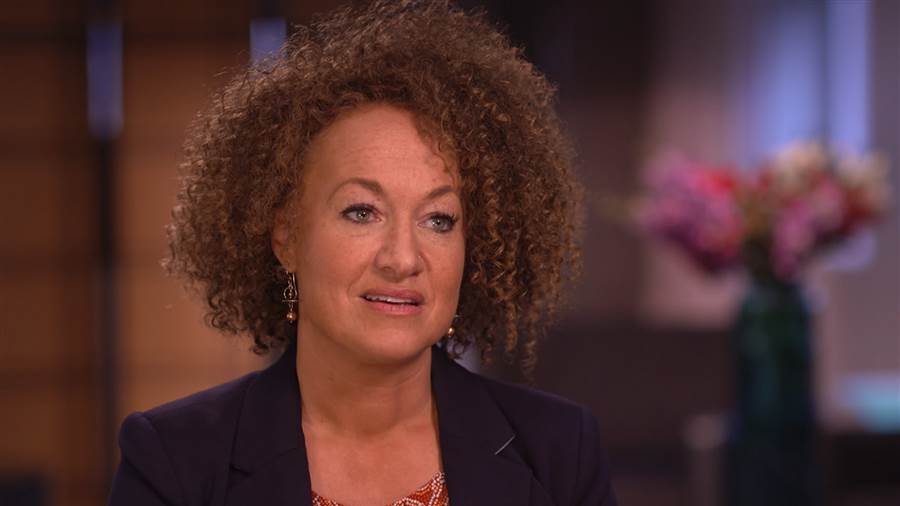Rachel Dolezal Roundup

Over the last couple of weeks Rachel Dolezal has been taking up far too much real estate in the public mind. She has been labeled “transracial” and compared with Caitlyn Jenner, as well as used as a “gotcha” by those who oppose trans rights.
As someone who is not black or trans I am not in a qualified position to add much to this discussion, but it would be a huge oversight for Skepchick not to make mention of the issue since it’s relevant to many of our interests. Here’s a roundup of some of the most insightful, relevant, and useful articles on the issue to give you the low down on the important distinctions between race and gender, and why the comparison to Caitlyn Jenner is one that trans folks are not often appreciative of.
At Slate, Vanessa Vitiello Urquhart discusses why the comparison between race and gender isn’t very helpful. She may be overstating how certain we are of biological and genetic components of gender and sex, but the article is a nice overview to relevant points.
As many people have stated, transracial is a word and a thing, but it has nothing to do with identifying with a different race. It’s used to reference adoptions with parents and children of different races. This article from Lisa Marie Rollins, a transracial adoptee, quickly rips up the idea that anyone can redefine the boundaries of race because that is a wholly privileged position. Black women can’t just choose to be treated differently, to escape their situation. It also has interesting thoughts on the language of gratitude as a way of keeping power int he hands of white people, as well as the use of appropriation for profit.
At Huffington Post there’s a surprisingly good article that reiterates the fact that you can’t pick and choose which parts of blackness you want to co opt: Dolezal got to avoid stigma and oppression in many ways, and at any time she could remove her costume to resume her place of privilege. Black people do not get to do that.
The article also mentions passing, but points out that there are large and significant differences between passing and what Dolezal has chosen to do. Passing was not a question of being true to your identity but rather a question of survival, of finding ways to thrive in a hostile world. It came with huge losses, including family, history, tradition, and connection. There is no equivalent way for black people to identify as white.
At Everyday Feminism, Kat Blaque (a black trans woman) points out relevant differences between race and gender. Race is passed from parent to child, gender is not. Many of the privileges of being white are historical, they come from connections with others, the historical ability to own property, and built up wealth. Rachel got all those benefits and still benefits from them in ways that are inapplicable to trans people.
An important part of this story is that Rachel denied her past, denied ever being white, whereas trans individuals are not trying to deny that they were assigned a different gender at birth.
My Black Matters sums up the whole issue succinctly: “Gender is a learned behavior. Skin color is not.”
And finally, Libby Anne tackles the complex and awful family history of the Dolezals and how it relates to Christian homeschooling. Most importantly, she points out how this may all be a distraction that Dolezal’s parents are using to discredit their daughter in a sexual abuse case. Dolezal’s home life is indicative of larger race issues within the Christian homeschooling movement, particularly when it comes to transracial adoptions.





You might be interested to read http://www.languagejones.com/blog-1/2015/6/16/what-nobodys-discussing-about-rachel-doleal-dishonesty-dialect-and-strategy
It’s like how so many ethnic studies professors don’t know what ‘indigenous’ means. In simple terms, being indigenous means your culture had its genesis in a particular place.